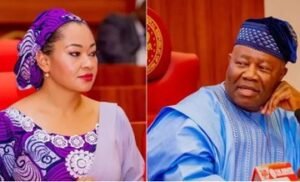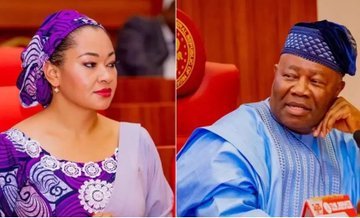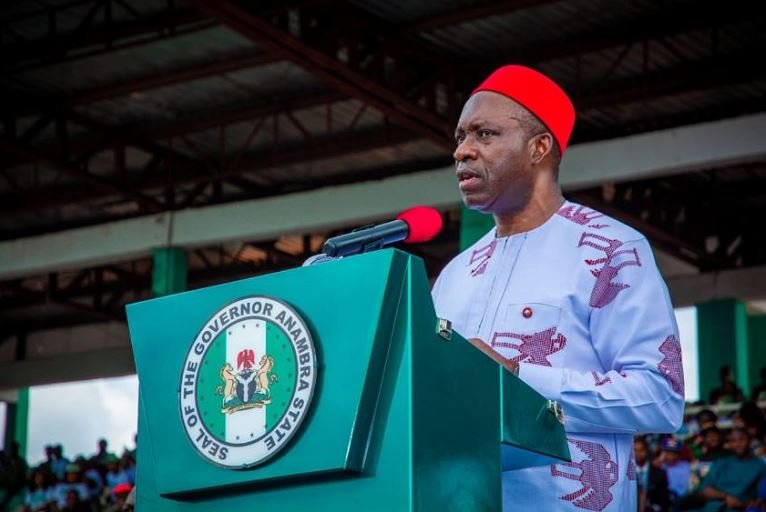This note seeks to clarify matters arising regarding the 5% fuel surcharge referenced in the new tax laws. The surcharge is not a new tax introduced by the current administration. It has existed under the Federal Roads Maintenance Agency (Amendment) Act, 2007. Its restatement in the new Tax Act is for harmonisation and transparency, not for immediate implementation.
Below are key questions and answers for public understanding:
𝐐1. Did Tinubu’s administration introduce a 5% surcharge on fuel?
A1. No. The surcharge already exists under the FERMA Act (2007). The new Tax Act only restates it for harmonisation. It was not part of the original tax reform bills submitted by the President.
𝐐2. Will the surcharge begin automatically in January 2026 when the new tax laws take effect?
A2. No. It will not take effect automatically. Implementation requires an order by the Minister of Finance, published in the Official Gazette (Chapter 7, Nigeria Tax Act, 2025). This safeguard ensures timing and economic conditions are carefully considered.
𝐐3. Will the surcharge apply to all fuel products?
A3. No. Essential household energy products are exempt—including kerosene, cooking gas (LPG), and compressed natural gas (CNG). Clean and renewable energy products are also excluded, in line with Nigeria’s energy transition agenda.
𝐐4. Why not abolish the surcharge, given current hardship and inflation risks?
A4. The surcharge is a dedicated fund for road maintenance and infrastructure. If implemented, it will improve travel safety, reduce logistics and maintenance costs, and support economic growth. Over 150 countries use similar charges—often higher (20%–80%)—to guarantee sustainable road financing.
𝐐5. Why not use savings from fuel subsidy removal instead?
A5. Subsidy savings help, but they are not enough to meet Nigeria’s massive road infrastructure needs. A dedicated fund provides reliable and predictable financing for roads, complementing the national budget.
𝐐6. Isn’t this at odds with the reform goal of reducing taxes and easing the burden on citizens?
A6. No. Reforms have already reduced multiple taxes, removing charges that directly affect households and small businesses, such as VAT on fuel, excise on telecoms, and the cybersecurity levy. Harmonisation reduces duplication and makes the tax system more efficient.
𝐐7. Why not just amend the FERMA Act to remove the surcharge entirely?
A7. The surcharge has been removed from the FERMA Act and incorporated into the new tax laws, which provide a forward-looking legal framework. Keeping it in place ensures Nigeria is legally prepared to address challenges such as sustainable road financing and climate change impacts—without implying immediate implementation.
Presidential Fiscal Policy & Tax Reforms Committee










